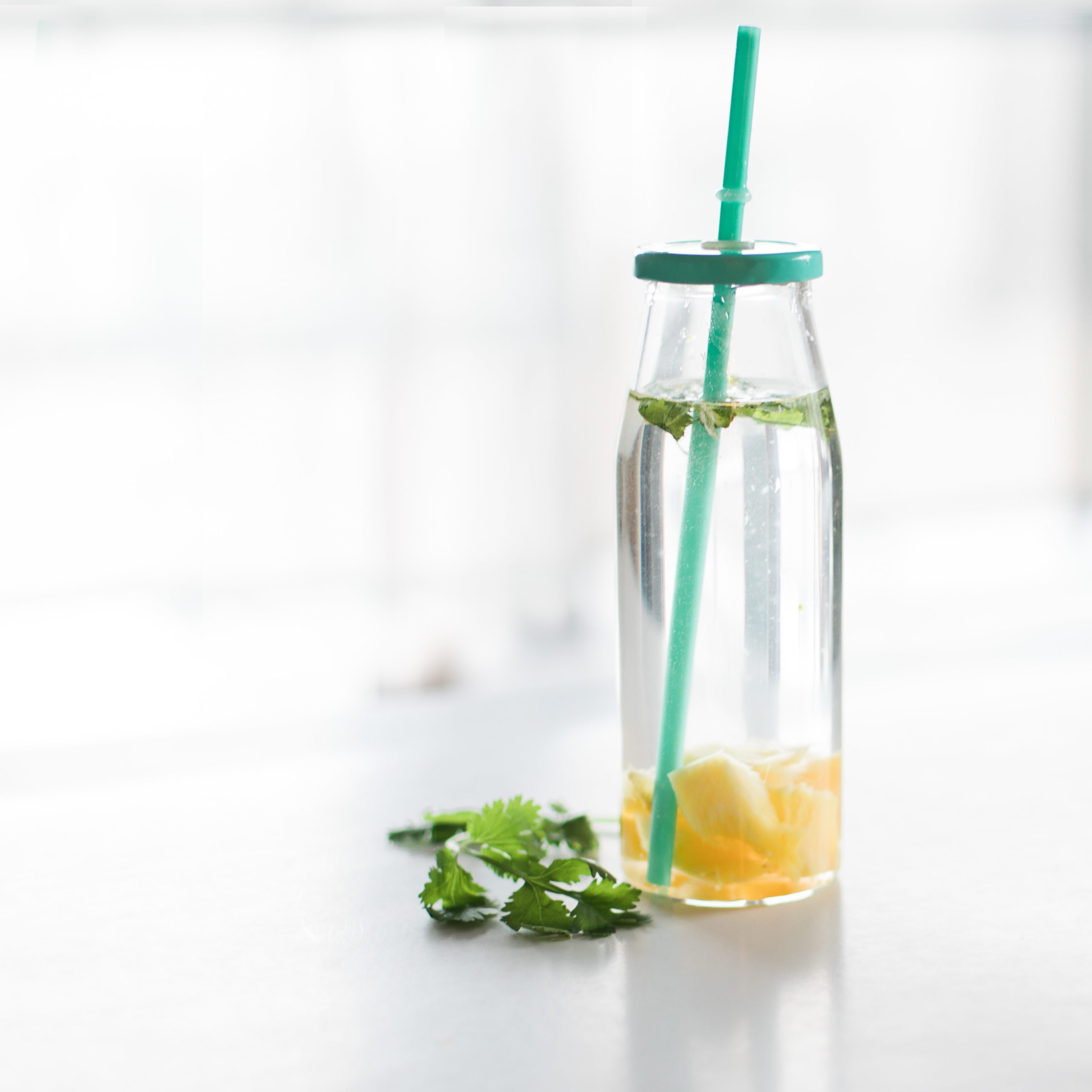When we hear the term hydration, we often think of marathon runners or elite athletes. We link hydration to sports performance, but often forget it can have a drastic effect on our day-to-day lives, improving our brain function. Water provides the brain with energy and nutrients, removes toxins, and maintains strong signalling allowing for stronger thinking and memory processing. Proper hydration allows us to experience:
- Improved focused and attention
- Improved short term memory and ability to recall long-term memory
- Improved mental response rate and mental clarity
- Reduced risk of headache
- Improved energy levels
- Improved reaction time
- Improved mood
- Improved sleep
It’s not just our bodies that require water to function optimally—it’s our brains too! Being properly hydrated allows us to maintain the delicate balance that allows your brain to function at its best. In fact, the journal of nutrition published a small study titled Mild dehydration affects mood in health young woman and found that even at 1% dehydration, focus, fatigue, headaches, and even mood were affected at both rest and activity levels.
How can you be sure you are getting enough water?
- Start with eight to ten glasses of water or other hydrating beverages a day and evaluate how you feel, as hydration is affected by weight, metabolic factors, exercise and temperature.
- Look in the bowl…your urine should be light in color (like lemonade) and plentiful.
- Ask yourself: are your thirsty? Constipated? Is your heart rate and breathing higher then normal after walking up the stairs? If so, drink some water.
How to get enough water in your day
- Carry a 500 mL (2 cups) water bottle with you and take note of how many times you fill it up during the day.
- Start drinking water earlier and at regular intervals: this will help you develop your own hydration schedule.
- Try infusing your water with fresh fruit and herbs to give it a unique flavour (my personal favorite is apple, lime and mint). Add lemon or lime juice to mineral water.
- Enjoy herbal tea or decaffeinated tea/coffee.
Raise a hydrating glass and keep drinking…your brain will thank you!
By Kelsey Hagen – Registered Dietitian (Nutritionist)
References
- Edmonds CJ, Crombie R, Gardner MR. Subjective thirst moderates changes in speed of responding associated with water consumption. Frontiers in Human Neuroscience. 2013.
- Mild dehydration affects mood in healthy young women. J Nutr. 2012 Feb;142(2):382-8. doi: 10.3945/jn.111.142000. Epub 2011 Dec 21.



